US has more to lose than gain in a war over Ukraine
If anyone should be policing Russian aggression it should be Europe’s biggest powers, France and Germany, but they seem uninterested in the future of the former Soviet state.
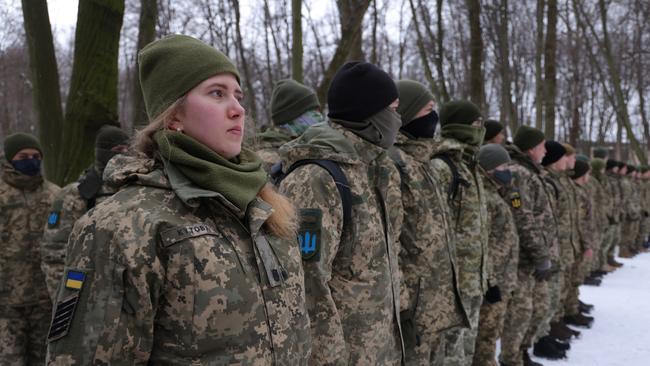
Reports the US is considering sending thousands of troops to the region should be deeply worrying, the harbinger of a confrontation that could weaken the US in the much bigger strategic clash with China.
If Russian aggression is anyone’s to police, it’s Europe’s; in particular, France and Germany, the two biggest powers in the region, which seem, compared with the US, relatively uninterested in the future of Ukraine.
In the Cuban missile crisis in 1962, president John F. Kennedy cleverly reached an agreement in private with Soviet leader Nikita Khrushchev, via back-channel communications, to withdraw US missiles from Turkey in return for the withdrawal of Soviet missiles from Cuba, averting what could have been a cataclysmic war.
A similar manoeuvre now might help defuse tension that risks bubbling over into something more serious even within days.
Kennedy’s air force chief, Curtis LeMay, wanted to bomb Cuba. Kennedy wisely ignored him, and Joe Biden should do the same with his.
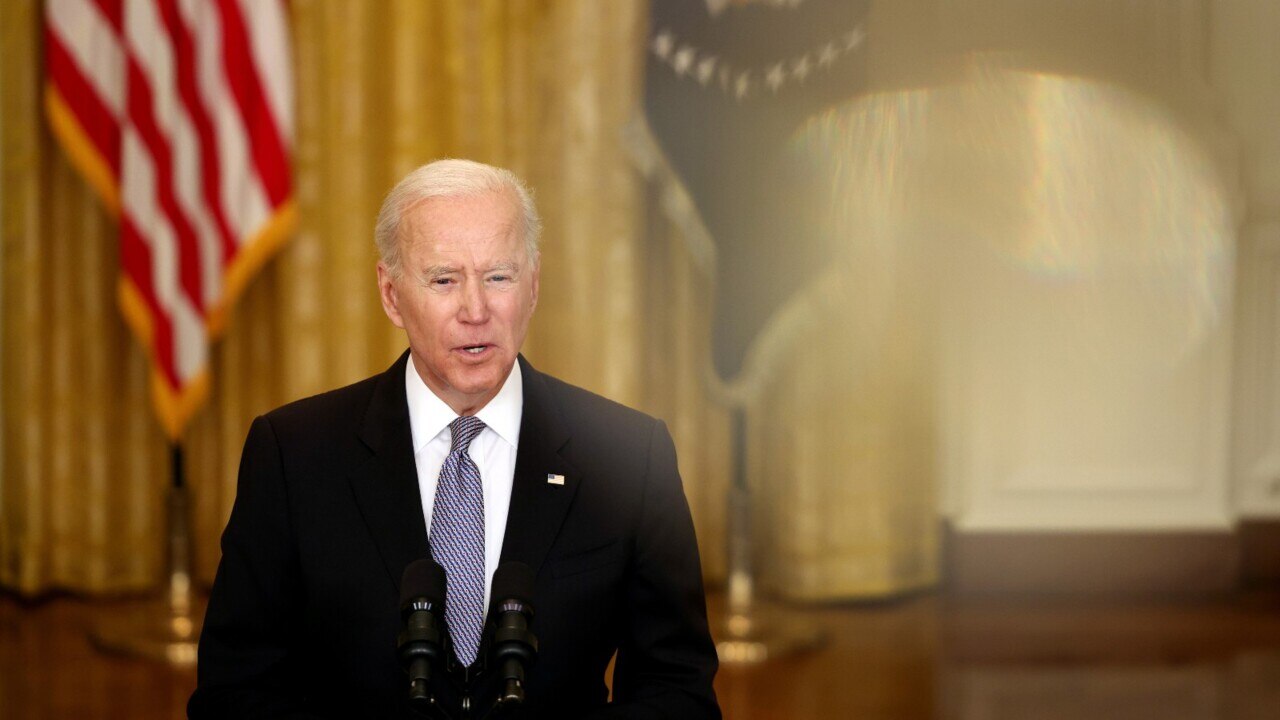
The US has refused to give any ground to Russia on Vladimir Putin’s request for a promise that NATO doesn’t expand further east. Russia must feel as the US did in the early 1960s, when the Soviets planned for missiles in Cuba. There’s little to lose from promising, perhaps in secret, as Kennedy did, to halt the expansion of NATO eastwards.
Perhaps such a promise would sate Russia’s desires for now, or at least long enough for Putin’s influence to wane. If it doesn’t, it was worth trying to avoid war, the costs of which will fall mainly on ordinary Ukrainian people.
NATO, formed in 1949, is an anachronism of the Cold War that served its purpose well, surviving as much for reasons of bureaucratic inertia as any grand strategic purpose. It perpetuates the idea of a permanent confrontation with Russia, which understandably troubles Russia. Is there any other country that has a group of nations permanently allied against it?
NATO emerged to contain the Soviet Union, a grave ideological and military threat. But Russia is no longer the global threat it once was. The “domino theory” that underpinned the US disaster of Vietnam is now redundant.
Germany’s naval chief was sacked this week for stating candidly what many must be thinking. “Putin and Russia deserve respect, Ukraine has nothing to do with NATO and Crimea has been permanently lost,” he said.
The interests of politics and business tend to align in favour of military confrontation, making it important for outsiders to speak up. Most Americans – and probably Australians, too – couldn’t find Ukraine on a map, and the vast bulk of them do not want the US embroiled in any sort of military expedition in Eastern Europe, surveys show.
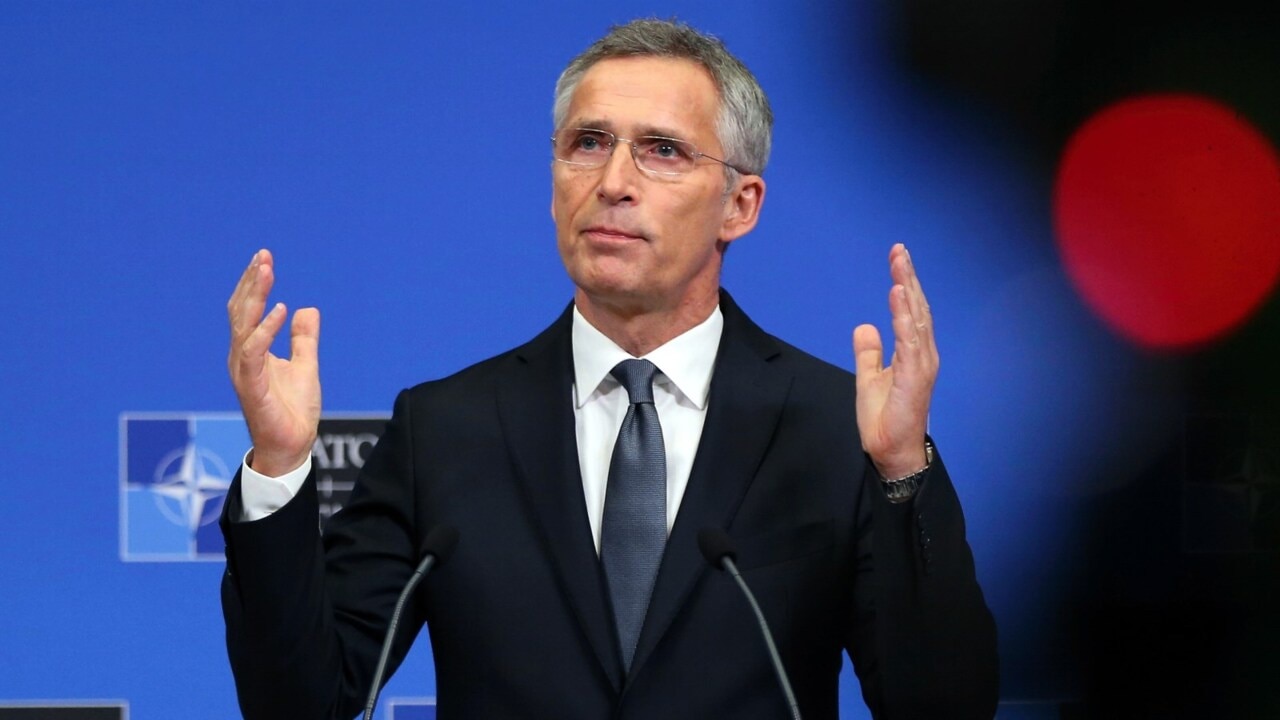
In the far more critical international confrontation of the 21st century, between the US and China, Russia could be a valuable ally. Russia has long craved European respectability, at least since Empress Catherine the Great insisted her court speak French.
Humiliating Russia in its own region would make it more likely Putin, and whoever succeeds him, co-operates with China in the future, at a potentially critical juncture. Keeping Russia and China apart might be a better long-term strategy.
The question isn’t whether Russia’s invasion of Ukraine would be right – it’s not – but whether war between Russia, Ukraine and potentially the US and other European nations would improve the situation.
Russia has massive military superiority over Ukraine, which harbours a large Russian-speaking population. For hundreds of years, Ukraine was part of Russia. It’s not crazy to imagine it might be again. Putin’s Russia is not democratic, obviously, but nor is Ukraine a shining example of democratic governance.
Governments have a predisposition for war, because of the influence of arms and weapons manufacturers. Defence Secretary Lloyd Austin, for instance, went on the board of Raytheon, a US arms manufacturer, after he retired from military service. That’s not uncommon.
The $US200m of “security support” that arrived from the US in Ukraine this week, the latest instalment of more than $US2.5bn since 2014, is a lucrative profit for the military-industrial complex.
“They see dollar signs when they look at the Ukraine; how they can line their pockets and look tough,” said former Democrat presidential aspirant Tulsi Gabbard this week, a rare voice of caution on the Democrat side in the US. Bitterly divided over relatively minor issues such as mask mandates and voting rules, the Democrats and Republicans are worryingly in sync on the prospect of war over Russia. Republicans have gone quiet. And former president Donald Trump’s desire to be friendly with Russia, along with the claims – never proven – that Putin helped him politically, appear to have set Democrats on an anti-Russia crusade.
Biden’s unpopularity at home hones the likelihood of confrontation even further, given the ruling Democrats’ need for a distraction from their domestic policy problems.
The media can sometimes prefer war, too. Ukraine dominated the President’s two-hour press conference last week, squeezing out inflation and Covid-19, issues of greater relevance to ordinary Americans. If Biden’s forecast in his press conference last week was right – that Russia will invade Ukraine – let’s hope the US stays out of it.
Recent US escapades in foreign nations have ended terribly, at great cost to lives and treasure. Fighting the Russians by proxy in Syria has been a disaster, as was Afghanistan, and, too, arguably, the US invasion of Iraq before it.
For Australia, a weakened, distracted US is the last thing we should want. If Fort Denison is going to protect us from any nation, it won’t be Russia.


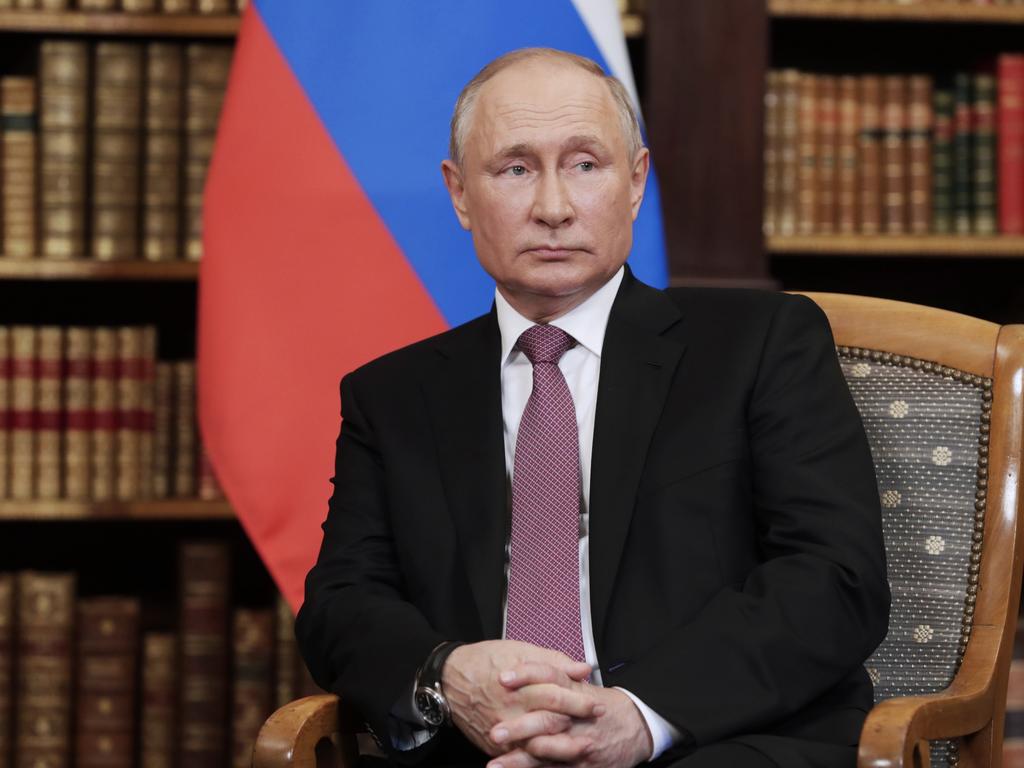
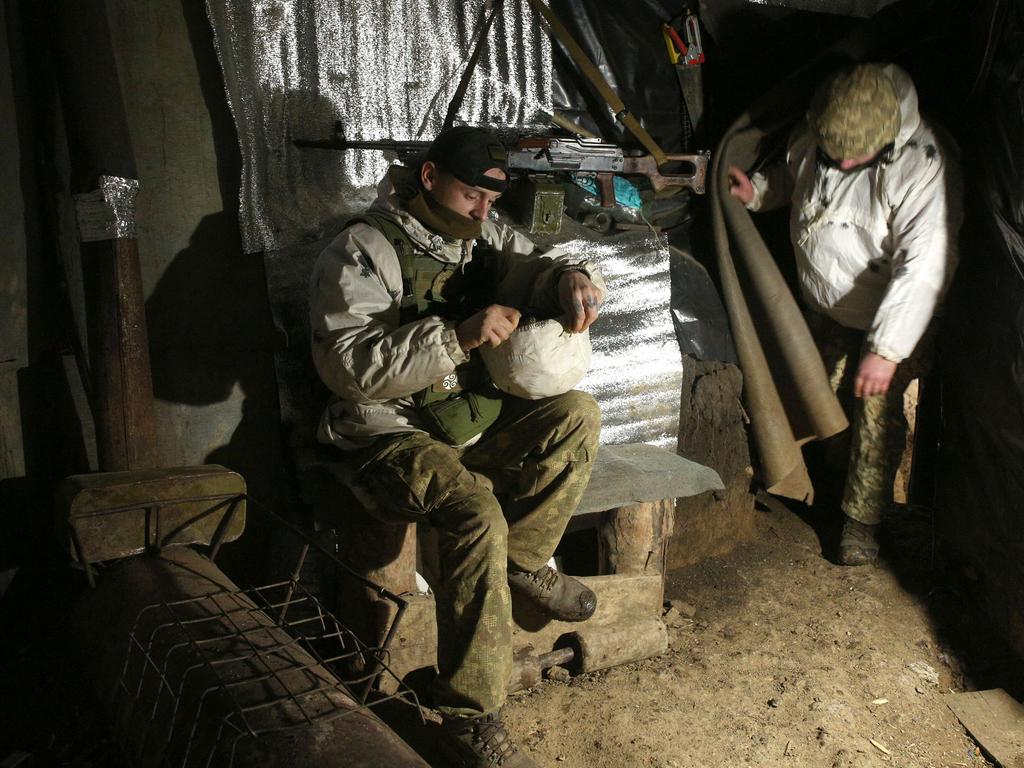
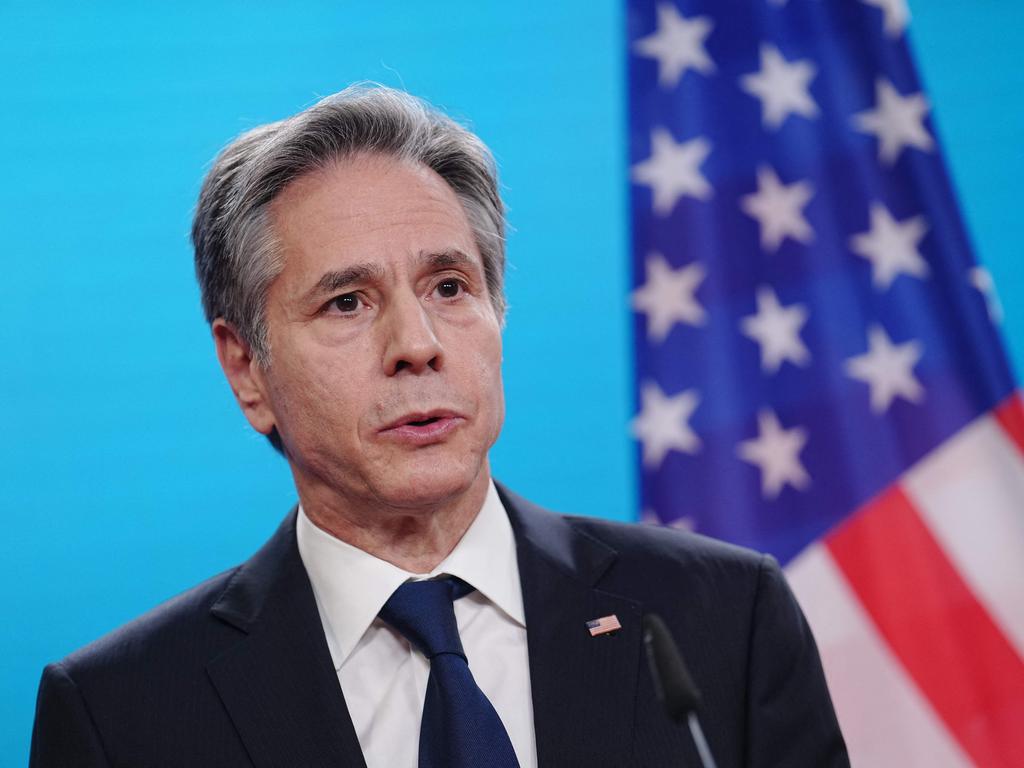
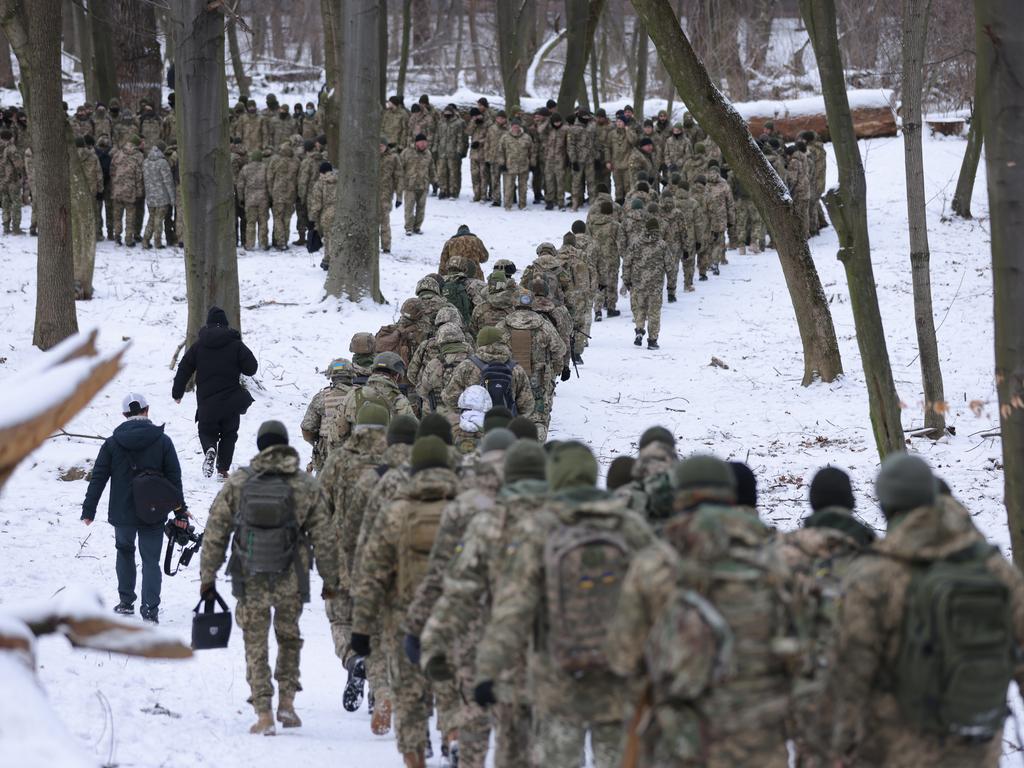

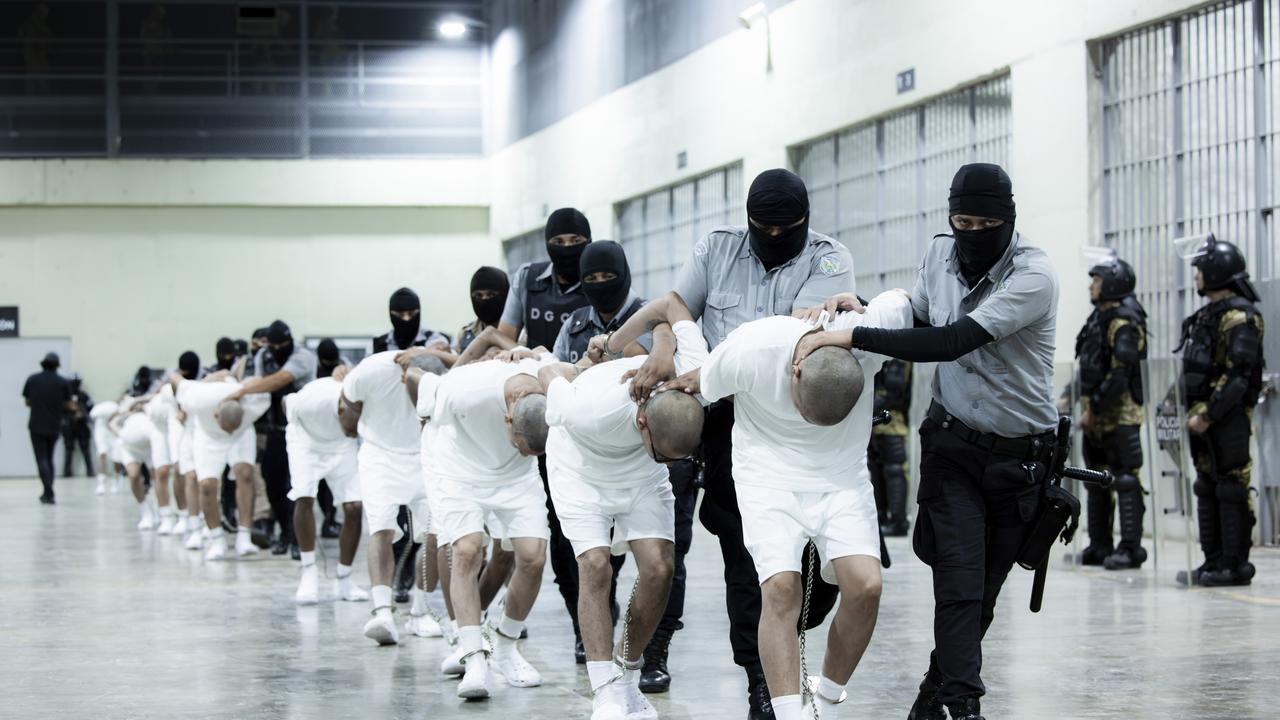
In a perfect world Russia would not invade Ukraine, but it’s not a perfect world, and the US and its allies could make the world a lot more imperfect by embroiling the US in a proxy war with Russia via Ukraine.